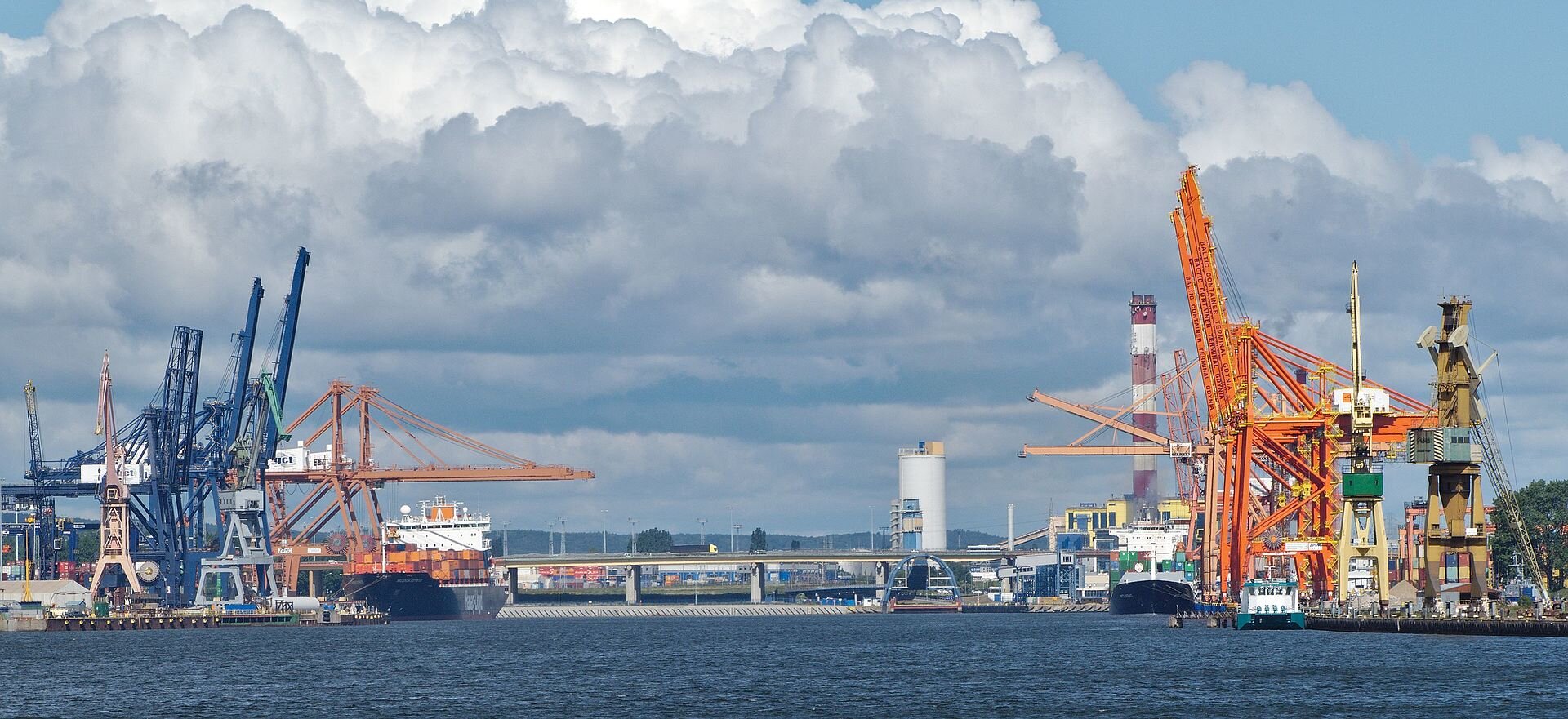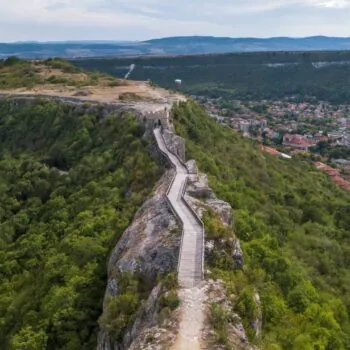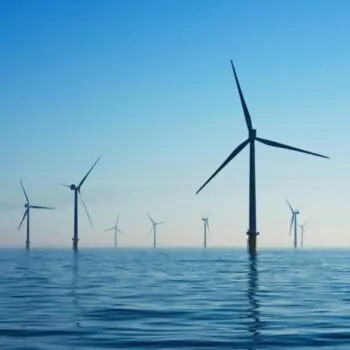Central and Eastern European countries are facing climate, security and economic crises. The transition to climate neutrality by 2050 offers opportunities for the region to enhance its long-term security and competitiveness in global value chains, while simultaneously bringing social and environmental benefits. So why is it barely recognised? In this article, we look at the specific cases of Czechia and Poland.
Significant political players in the region, Czechia and Poland are strong in activities that would support a green economy, despite having profited from emissions-heavy industries for decades. To seize the opportunities from the transition to climate neutrality, Czechia and Poland require investments of €168 billion and €380 billion respectively by 2050. Several developments are underway.
- Czech regulators have removed barriers to investment in solar energy.
- Poland has been introducing investment incentives – such as in the Katowice Special Economic Zone – for solutions in line with a just transition.
- The financial sector has been introducing transition-friendly policies. For example, Czech banks have been investing in advisory services to support the development of sustainable projects.
- The Polish Ministry of Finance has started designing a strategy to unlock sustainable capital markets. Meanwhile, big businesses in both countries have begun issuing sustainability-linked bonds that offer investors an opportunity to invest in concrete transition plans. Examples include Tauron in energy and CPI in real estate. These efforts aim to bring finance from capital markets into the Czech and Polish economies, where financing currently predominantly comes from banks.
The transition to climate neutrality can increase resilience and bring social benefits, including new jobs
Financing the transition can enable investments to flow into activities that benefit the environment, mitigate the impact of energy crisis on vulnerable communities and enable a just transition.
- Czech and Polish businesses can increase their resilience and find ways to avoid fossil fuel traps by identifying and investing in marketable green solutions. In Poland, investments in offshore wind, heat pumps, electric and hydrogen-based vehicles, and electrified agricultural equipment could bring up to 2% annual GDP boost and 300,000 new jobs. Also, lessening dependence on fossil fuels and enhancing energy efficiency will bring the two economies greater energy security in the face of disruptions like those from Russia’s war in Ukraine.
- Investments in transition bring social benefits, especially for vulnerable communities impacted by the current energy market situation. A recent impact assessment for Czechia shows that renewable energy and energy efficiency can balance out the impact of the growing cost of fossil fuels on consumers’ bills by 2030. These developments must be complemented by tax policies and public support, such as from the new EU Social Climate Fund, to mitigate negative impacts on low-income households.
- Investments in transition generate new jobs in sectors such as construction or electrification of transport. Czechia and Poland need to address the impact of the transition on workers in the fossil industry by offering them requalification and upskilling for green economy jobs. A successful example is the Polish coal company ZE PAK, which has been requalifying miners to work on renewables and employing some of them in their sister solar company. ZE PAK also promised to put in place training for 2,400 miners in a project funded by the EU Just Transition Fund.
Governments need to create the conditions to enable more investment in the transition to climate neutrality
Yet, there is much still to do for Czechia and Poland to seize the full benefits of the transition. In both countries, there is a lack of policy guidance, which generates uncertainty for investors. Ministries are under-capacitated, and planning a climate-neutral trajectory is far from mainstream having gained traction only among the biggest businesses. While the general public support the European Green Deal, people lack information and are afraid of the outcomes of a fast transition (illustrated by a recent survey in Czechia). The topic is therefore politically sensitive and often avoided.
The transition to climate neutrality is an economic, social and security opportunity for Czechia, Poland and other countries in the region. Governments must act more proactively and decisively to create an enabling environment. The longer they wait, the greater the social and economic disruptions will be – turning potential regional leaders into the losers of this transformation.
In 2023 E3G will be releasing a briefing on transition finance in Central and Eastern Europe. Subscribe to E3G’s newsletter to stay tuned.



